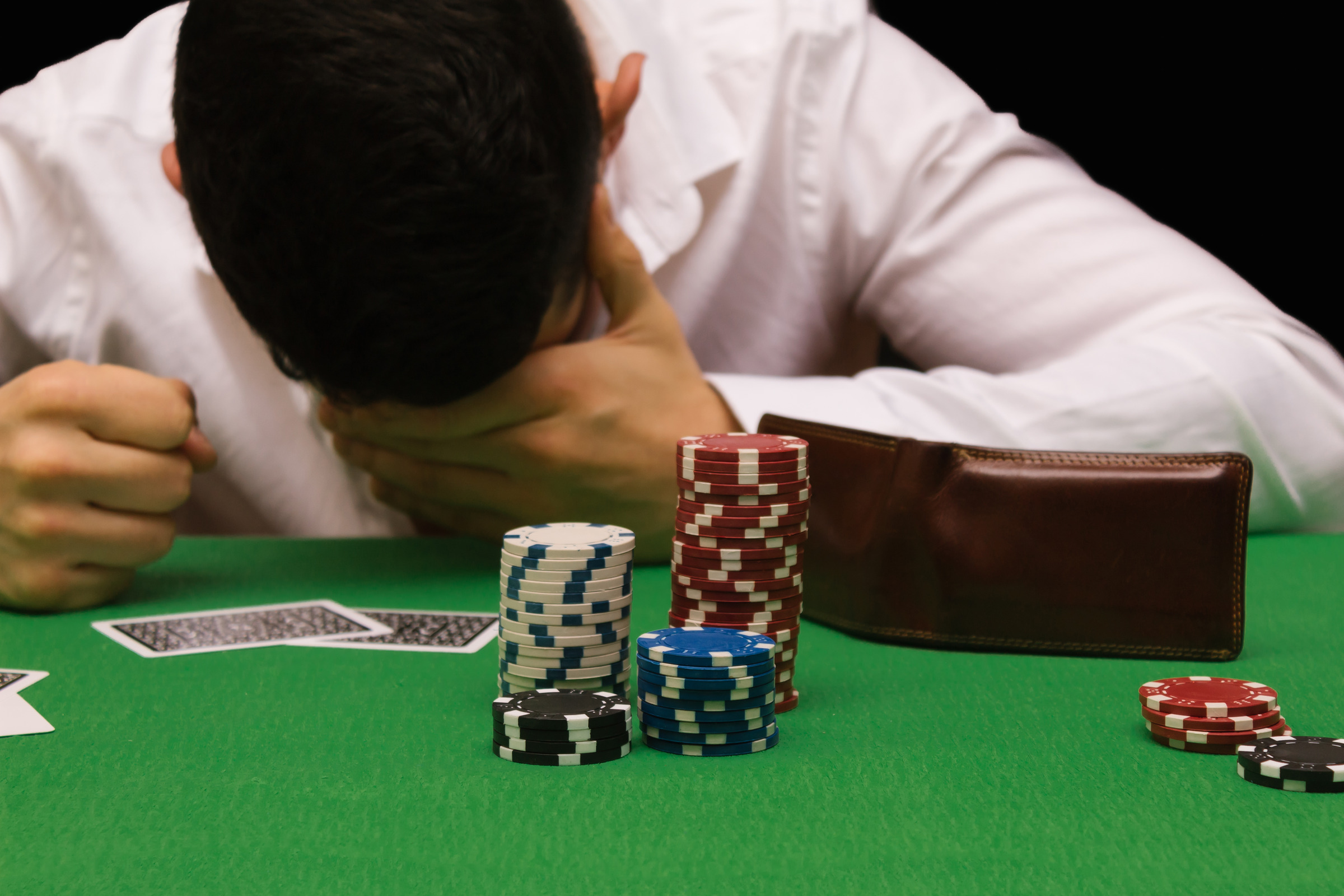Confronting Gambling Addiction: A Path to Recovery
Gambling addiction, like any addiction, can have a devastating impact on an individual’s life, affecting finances, relationships, and mental well-being. If you’re struggling with compulsive gambling, it’s crucial to recognize the problem and take steps towards recovery. Here’s a guide to help you on your journey:
1. Acknowledge and Understand the Problem:
-
Honest Self-Assessment:
- Are you gambling more than you intended?
- Are you lying about how much you gamble?
- Is gambling negatively impacting your finances, relationships, or work?
- Do you feel a strong urge to gamble even when you don’t want to?
-
Recognize the Signs:
- Financial: Mounting debt, difficulty paying bills, borrowing money to gamble, selling possessions.
- Emotional: Anxiety, depression, irritability, restlessness, difficulty sleeping, loss of interest in hobbies.
- Behavioral: Lying about gambling, neglecting responsibilities, stealing money, chasing losses.
2. Seek Professional Help:
- Gamblers Anonymous (GA): A 12-step program modeled after Alcoholics Anonymous, offering peer support and guidance from others who understand the struggles of gambling addiction.
- Therapy: A therapist can help you understand the underlying causes of your gambling behavior, such as underlying mental health conditions, trauma, or coping mechanisms.
- Counseling: A counselor can provide support, guidance, and develop a personalized plan to overcome your gambling addiction.
3. Limit Access to Gambling:
- Self-Exclusion: Exclude yourself from casinos, online gambling sites, and other gambling venues.
- Block Gambling Websites: Use website blocking software or contact your internet service provider to block access to gambling websites.
- Limit Access to Funds: Avoid carrying large amounts of cash, cancel credit cards, and consider setting up a separate bank account for essential expenses.
4. Develop Healthy Coping Mechanisms:
- Identify Triggers: What situations, emotions, or people trigger your urge to gamble? (e.g., stress, boredom, social situations)
- Find Healthy Alternatives: Replace gambling with other activities that bring you joy and fulfillment, such as exercise, hobbies, spending time with loved ones, volunteering, or creative pursuits.
- Stress Management Techniques: Practice relaxation techniques like deep breathing, meditation, or yoga to manage stress and anxiety.
5. Build a Strong Support System:
- Talk to Someone You Trust: Share your struggles with a trusted friend, family member, or support group.
- Join a Support Group: Connect with others who are facing similar challenges. Sharing experiences and receiving encouragement can be incredibly valuable.
6. Practice Self-Care:
- Prioritize your physical and mental health: Engage in regular exercise, maintain a healthy diet, and ensure adequate sleep.
- Focus on your well-being: Engage in activities that bring you joy and relaxation, such as spending time in nature, listening to music, or reading.
Important Considerations:
- Recovery is a journey: It may take time and effort to overcome gambling addiction. Be patient with yourself and celebrate your successes.
- Relapse is possible: If you experience a relapse, don’t give up. Learn from the experience and use it as an opportunity to re-evaluate your strategies.
- Seek professional help: Don’t hesitate to reach out to a therapist or counselor for guidance and support.
Disclaimer: This information is for general knowledge and support purposes only and does not constitute professional medical advice. If you or someone you know is struggling with gambling addiction, please reach out for professional help.
Pushpendra
Pushpendra Singh is a digital marketing expert with 17 years of experience. He’s helped many businesses grow by running successful online campaigns. Pushpendra knows a lot about digital marketing and understands how to make brands stand out online. He enjoys tackling new challenges and helping businesses succeed.
